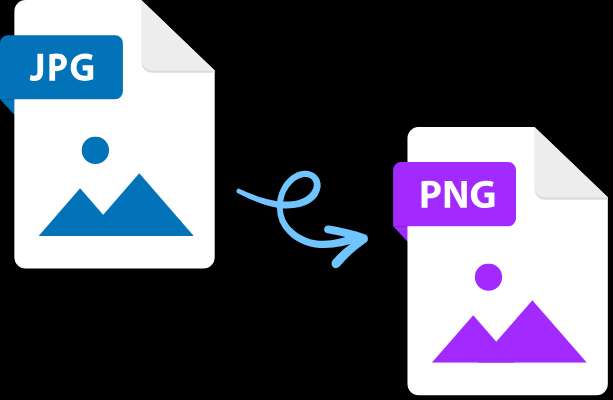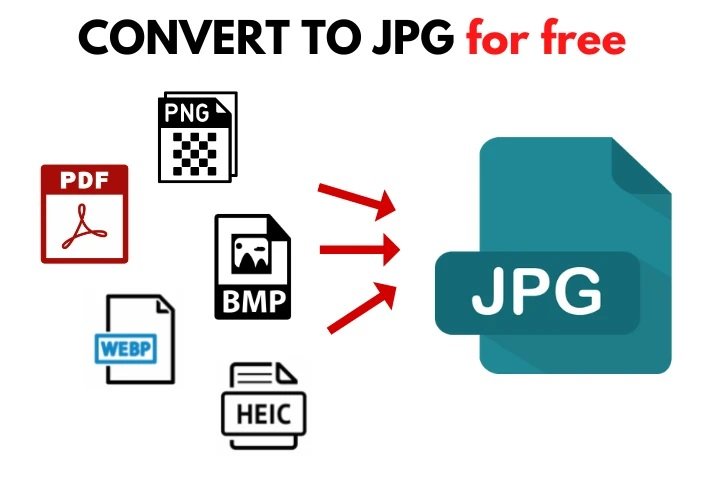Meta Tags Analyzer
Unveiling the Functionality and Benefits of Meta Tags Analyzer Tools
In the vast landscape of the internet, meta tags serve as silent guides that direct search engines and users to relevant content. Meta tags contain vital information about web pages, including titles, descriptions, and keywords, influencing search engine rankings and click-through rates. Meta tags analyzer tools play a pivotal role in dissecting and evaluating these tags, providing insights to improve SEO strategies and enhance user experiences. Let's delve into the functionality and benefits of these tools and explore how they empower website owners and marketers to optimize their online presence effectively.
Understanding Meta Tags
Meta tags are HTML elements embedded within the <head> section of web pages, providing metadata that describes the content of the page to search engines and other web services. Common types of meta tags include title tags, meta descriptions, meta keywords, and Open Graph tags. These tags influence how search engines display web pages in search results, as well as how social media platforms present shared links.
The Role of Meta Tags Analyzer Tools
Meta tags analyzer tools offer a comprehensive approach to evaluating and optimizing meta tags for web pages. These tools typically analyze various aspects of meta tags, including length, relevance, keyword usage, and uniqueness. By examining meta tags against best practices and SEO guidelines, meta tags analyzer tools provide actionable insights to improve search engine visibility, click-through rates, and user engagement.
Features and Functionality
Modern meta tags analyzer tools offer a range of features to facilitate in-depth analysis and optimization of meta tags. They may provide detailed reports on meta tag attributes, such as character counts, keyword density, and duplication. Additionally, these tools often offer suggestions for optimizing meta tags based on SEO best practices and competitive analysis. Some advanced tools may even include functionality for analyzing meta tags across multiple pages or domains, allowing for comprehensive SEO audits.
Practical Applications
The applications of meta tags analyzer tools extend across various aspects of website optimization and digital marketing. Website owners and marketers use these tools to audit existing meta tags, identify opportunities for improvement, and implement changes to enhance search engine visibility and user experience. SEO professionals leverage meta tags analyzer tools to conduct competitive analysis, track changes in meta tag performance over time, and fine-tune SEO strategies for maximum impact.
Choosing the Right Meta Tags Analyzer Tool
When selecting a meta tags analyzer tool, consider factors such as accuracy, usability, and additional features offered. Opt for tools that provide detailed insights into meta tag attributes and offer actionable recommendations for optimization. Additionally, prioritize tools that integrate with other SEO tools or platforms to streamline workflow and maximize efficiency.
Conclusion
In the ever-evolving landscape of SEO and digital marketing, meta tags analyzer tools emerge as indispensable assets for website owners, marketers, and SEO professionals seeking to optimize their online presence effectively. By providing in-depth analysis and actionable insights into meta tags, these tools empower users to enhance search engine visibility, attract organic traffic, and improve user engagement with confidence and precision. Embrace the power of meta tags analyzer tools and unlock new possibilities for success in the digital realm.






















